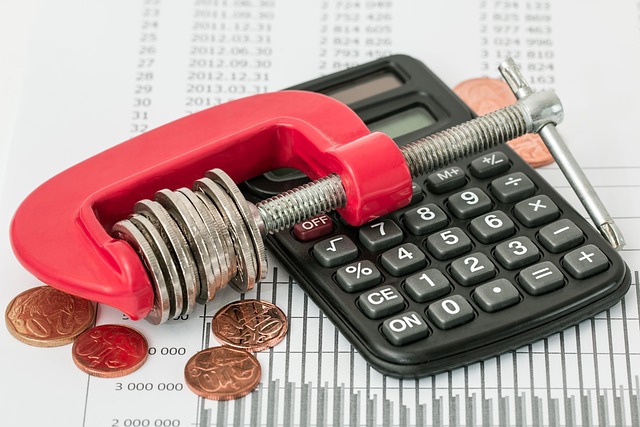Debt consolidation provides a strategic solution for individuals with bad credit to manage and reduce debt. Specialized loan options with flexible terms and lower rates, along with non-profit financial advice and counseling services, help navigate the process. Effective management includes budgeting, seeking tailored guidance from experts, and exploring income adjustments for faster repayment and improved financial stability.
Struggling with high-interest debt? Debt consolidation could be a powerful tool for managing your finances, even with bad credit. This comprehensive guide offers essential financial advice, walking you through the process and options available. From understanding debt consolidation’s benefits to exploring various loan types and implementing effective post-consolidation strategies, this article is your key to reclaiming control over your monetary future.
- Understanding Debt Consolidation for Bad Credit
- Exploring Loan Types and Options Available
- Strategies for Effective Financial Management After Consolidation
Understanding Debt Consolidation for Bad Credit

Debt consolidation is a powerful financial tool designed to help individuals with bad credit manage and reduce their debt burden. It involves combining multiple debts into a single, more manageable loan with a lower interest rate. This strategic approach allows borrowers to simplify repayment, making it easier to stick to a plan and improve their credit score over time. By consolidating, you can bid farewell to the hassle of multiple monthly payments and the potential for missing deadlines, which often exacerbates debt and damages credit further.
Understanding the best practices for debt consolidation is crucial when seeking financial advice. It’s not just about securing a lower interest rate; it’s about finding a tailored solution that fits your unique situation. Researching different debt relief programs and exploring various methods to get out of debt faster can lead you to effective strategies. Whether through loan refinancing, debt settlement, or credit counseling, there are options available to help you gain control and navigate the path to financial stability, even with bad credit.
Exploring Loan Types and Options Available

When considering debt consolidation for bad credit, it’s crucial to explore a range of loan types designed to help individuals with low credit scores. Traditional personal loans from banks or credit unions might be an option, but they often come with stringent requirements and higher interest rates. Alternatively, specialized debt consolidation loans tailored for poor credit offer more flexible terms and lower APRs, making them a viable debt consolidation tool. These loans are specifically designed to help folks find personalized debt solutions.
There are also non-profit organizations and government agencies that provide financial advice and access to resources like debt management plans or credit counseling services. These entities often employ effective strategies to pay off debt, helping individuals avoid harsh repayment penalties while offering debt consolidation tools and resources to manage their finances better in the long term.
Strategies for Effective Financial Management After Consolidation

After successfully consolidating your debts, it’s crucial to implement effective financial management strategies to maintain stability and avoid future financial pitfalls. One key step is creating and adhering to a detailed budget. This involves tracking expenses, prioritizing payments, and allocating funds for essentials while setting aside savings. Regularly reviewing and adjusting your budget ensures you stay on course with debt repayment and build a solid financial foundation.
Seeking financial guidance from experts can also be invaluable. Consider consulting with a credit counselor or a financial advisor who specializes in debt consolidation. They can offer tailored advice, help negotiate with creditors, and provide support throughout the process. Additionally, they may suggest strategies like increasing income through side hustles or exploring career changes to expedite debt repayment and improve overall financial health.
Debt consolidation can be a powerful tool for managing bad credit and improving financial health. By exploring various loan types and implementing effective strategies, individuals with poor credit scores can take control of their finances. This process offers not just a way to pay off debts faster but also provides valuable financial advice for long-term stability. With the right approach, debt consolidation becomes a game-changer, helping folks navigate their financial challenges and secure a brighter future.
